The hire industry has a legal duty of care to hire equipment in a good safe working condition. Electrical safety testing is necessary to ensure that all equipment supplied by the hirer meets this requirement. Ultimately the focus is on ensuring the safety of the customer.
In addition to the ongoing safety of the tool, regular testing also forms a major function in the preventative maintenance program. By regular inspection of the test results taken, any degradation in the test readings could be indicative of a future fault occurring, and actions can be taken to make repairs in advance of the failure condition occurring.
The obligations of the hirer to ensure that only electrical equipment that is safe is supplied, has its basis in legislation - The Health & Safety at Work Act (1974), the Electricity at Work Regulations (1989), The Provision and Use of Work Equipment Regulations 1998 and the Consumer Protection Act (1987)
The following is suggested as the basis of the regime that can be employed so that the hirer can be seen to be meeting his obligations:
• Purchase of safety equipment
• A system for inspection and test
• Identification and training of appropriate personnel
• The use of suitable test equipment
• A suitable area for testing
• A defined series of tests
• A results recording system






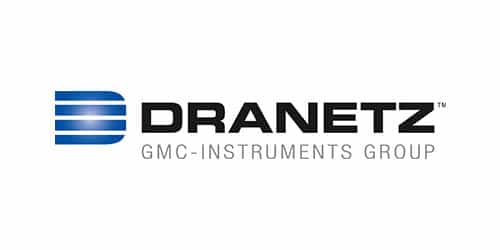

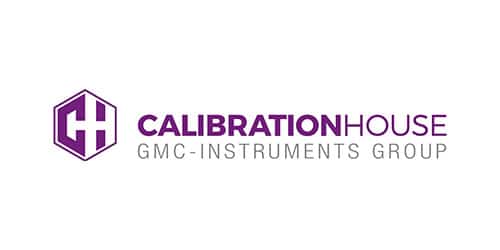


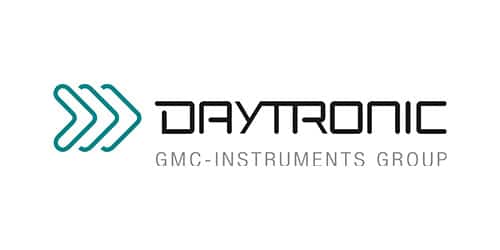


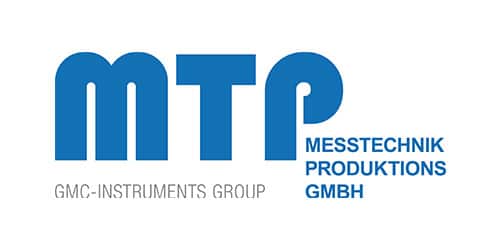
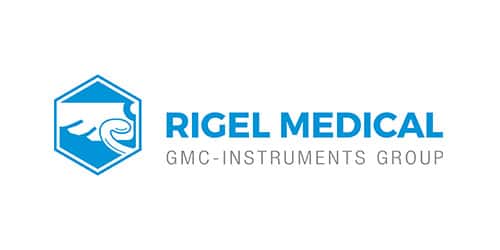
Sign up to our Newsletter.
Stay up to date with the latest industry and product news, as well as our free educational content such as webinars and our expert guides.
Close